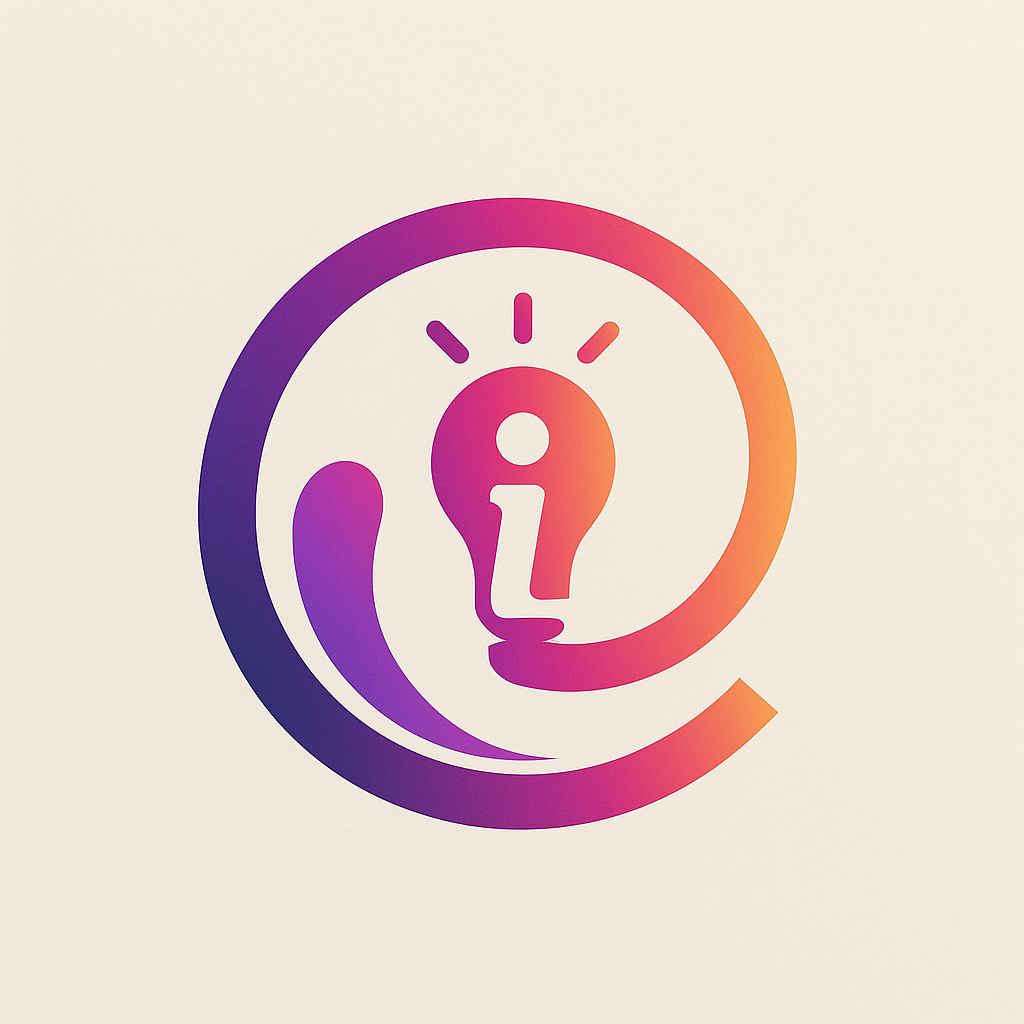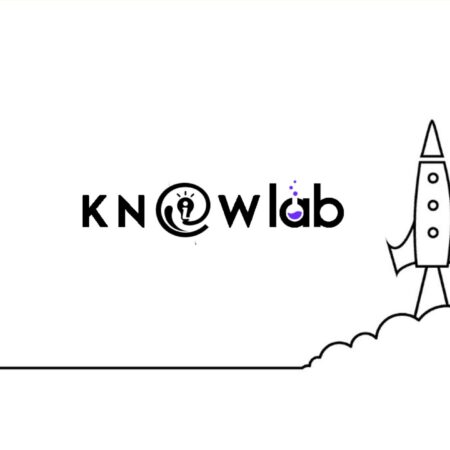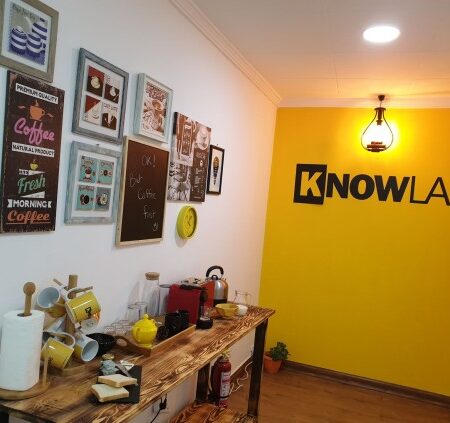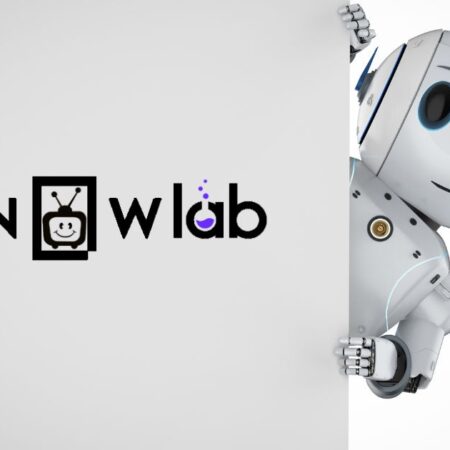 People always want to communicate with other people for socializing. In early days people used to just visit the people they wanted to see. But the longer the distance, the harder it was to communicate. After the invention of the Internet, people started to look for a faster way of communication. That’s how social networking sites came into lime light.
People always want to communicate with other people for socializing. In early days people used to just visit the people they wanted to see. But the longer the distance, the harder it was to communicate. After the invention of the Internet, people started to look for a faster way of communication. That’s how social networking sites came into lime light.
Social networking was born in 1971 when the first email was sent. The message said “qwertyuiop” and it was sent between two adjacent computers.
BBS or Bulletin Board System
BBS was invented in 1978 by Ward Christensen and Randy Suess, two amateur computer scientists. It was also called as Computer Bulletin Board Service or CBBS. BBS was to inform friends about meetings, make announcements, and share information. The BBS hosted on personal computers, where users need to dial in via the modem of a host computer, and exchanging data through phone lines to other users.
Geocities
Geocities was the world’s first kind of social networking site founded in 1994 by David Bohnett and John Rezner. It was called as Beverly Hills Internet (BHI) in earlier days. Geocities allows the users to customize their own websites and publish their pages and it grouped the users according to ‘city’ based. It brought many business together those days. GeoCities was acquired by Yahoo in 1999. It has a large userbase in the US and Japan. Yahoo shut down the US services in 2009 and Japan in 2019.
TheGlobe.com
TheGlobe.com is a social networking service founded in 1995 by Cornell students Stephan Paternot and Todd Krizelman. It allows people to interact and publish content. Company had a huge loss and the site terminated in 2003.
Classmates
Classmates is a social networking site founded in 1995 by Randy Cornads. It was mainly used in the US and Canada. It helps users find class members and colleagues from school, college and workplace. Classmates was bought by United Online in 2004 and it was renamed as Memory Lane. In 2011 they dropped the name Memory Lane. Currently the site Classmates.com is Active.
SixDegrees
SixDegrees (earlier MacroView) is a social networking site founded by Andrew Weinreich in 1997. It was sold in December 2000 to YouthStream Media. It had a user base of 3.5 million at its peak and closed its operation in 2001.
Ryze
Ryze is a social networking site founded by Adriann Scott in 2001. Ryze is a precursor to LinkedIn. The site was designed to link business professionals, particularly new entrepreneurs. The site allowed users to build profiles, add friends and send messages. As of now, Ryze is still active.
iWiW
iWiW (International Who is Who) was a Hungarian social networking web service which started in 2002 as WiW (Who Is Who). T-Online acquired iWiW in 2006 and closed down permanently in 2014.
Friendster
Friendster is the first modern social networking site founded by Jonathan Abrams and Peter Chin in 2002. It is also a dating site and gained popularity very soon. Google tried to acquire Friendster in Friendster was sold to a Malaysian Internet Company in 2009 and in 2011 it ditched social networking and became an online gaming site and later in 2015, Friendster closed its operation.
LinkedIn was a professional networking platform founded in 2002 by Reid Hoffman and founding team members from PayPal and Socialnet.com (Allen Blue, Konstantin Guericke, Eric Ly and Jean-Luc Vaillant). In 2011 it went public and evolved as best professional networking platform till date. In 2016 Microsoft acquired LinkedIn.
Hi5
Hi5 is a social networking site founded in 2003 by Ramu Yalamanchi. It became 2nd largest social network in 2007. Hi5 was acquired by if(we), formerly known as Tagged in 2011. Now, hi5 is rebranded as Tagged under The Meet Group.
MySpace
The social networking site, MySpace was founded by several employees from the Internet marketing firm eUniverse in August 2003. The core team included Brad Greenspan, Chris DeWolfe, Josh Berman and Tom Anderson. Myspace was acquired by News Corporation in July 2005. MySpace was the no. 1 website in 2006. In 2008 Facebook claimed the first place and MuSpace userbase started reducing because of dominant Facebook. In 2011 Specific Media Group and Justin Timberlake jointly purchased MySpace and in 2016 Time Inc purchased MySpace. In 2018 Meredith Corporation purchased Time Inc. itself.
Dodgeball
Dodgeball was a location-based social networking software provider for mobile devices founded in 2003 by New York University students Dennis Crowley and Alex Rainert. Users texted their location to the service, which then notified them of crushes, friends, friends’ friends and interesting venues nearby. Google acquired Dodgeball in 2005 and discontinued it in 2009.
Cloob
Cloob.com is a Persian-language social networking website launched in 2004 by SabaIdea. It was mainly used in Iran after the government blocked Orkut from their country.
Orkut
Orkut was launched in 2004 by Google. It was created by Turkish Software Engineer Orkut Büyükkökten. It was named after the creator and also he owns the domain name orkut.com. Orkut was building online communities since 2007. He introduced Club Nexus, the first college-specific social network in 2001. In 2002 he introduced alumni social network InCircle. Orkut has a large userbase in Brazil and India, but in the US it failed to overtake Friendster or MySpace. In 2014 Google closed the operations of Orkut.
But, Orkut Büyükkökten didn’t gave up, in 2016 he launched a mobile-based new social networking service Hello.
Facebook was launched in February 2004 by Mark Zuckerberg, along with fellow Harvard College students and roommates Eduardo Saverin, Andrew McCollum, Dustin Moskovitz and Chris Hughes.
Zuckerberg built a website called “Facemash” in 2003 while attending Harvard University. It used to compare photos and suggest users to choose hotter person by ‘Hot or Not Hot’ option. Later it was closed by the Harvard University and faced expulsion and relieved later.
Later Zuck coded a new website thefacebook.com later it become Facebook. The story of the company’s inception was portrayed in the 2010 film “The Social Network.”
Yahoo! 360°
Yahoo! 360° launched in 2005 on invitation-basis. It allows users to create personal web sites, share photos from Yahoo! Photos, maintain blogs and lists, create and share a public profile and see which friends are currently online. Yahoo officially closed the service in 2009.
Bebo
Bebo was a social networking site launched in 2005 by Michael and Xochi Birch couple. The social network’s widget-style profile editor was easy to navigate and was a main draw for young users. By 2008, the site had 34 million registered members. It overtook MySpace and gained popularity. AOL acquired Bebo in 2010 and later they sold the company to Criterion Capital Partners. In 2014 Bebo relaunched as hashtag messaging app and in 2019 it was acquired by Amazon’s Twitch Interactive.
StudiVZ
StudiVZ, SchülerVZ and MeinVZ is a social networking platform for German speaking students launched in 2005 by two students named Ehssan Dariani (CEO) and Dennis Bemmann. SchülerVZ was launched in 2007 focusing on secondary students. meinVZ was launched in 2008 focused for non-students. StudiVZ claims to be one of the biggest social networks in Europe. In 2017 StudiVZ declared as insolvent.
QZone
Qzone is a social networking website based in China created by Tencent in 2005. Qzone gradually transformed from a personal space, where users can customize blogs, keep diaries, post photos, watch videos and listen to music, to one of the China’s biggest social network.
Jaiku
Jaiku was a social networking, micro-blogging and lifestreaming service founded in 2006 by Jyri Engeström and Petteri Koponen from Finland. It provides services similar to Twitter. In 2007, Google acquired Jaiku. Google Shutdown Jaiku on 2012.
Odnoklassniki
Odnoklassniki, OK.ru is a Russian social network service for classmates and old friends launched in 2006 by Albert Popkov. Odnoklassniki is the second most popular social network in Russia, behind VK.
Twitter is a microblogging and social networking platform launched in 2006. Twitter lets its users express themselves in short messages, tweets, of 140 characters or less. It’s a cascade of information, and unlike Facebook’s complicated privacy controls, there are just two choices: Public or restricted to pre-approved followers.
Skyrock
Skyrock.com is a social networking site based in France that offers a free space on the web to allow its users to create blogs, add profiles, and exchange messages with other registered members. It was launched as a full fledged social networking site in 2007 by Pierre Bellanger.
VKontakte
VK short for its original name VKontakte is a Russian online social media and social networking service launched in 2007 by Pavel Durov. VK allows users to message each other publicly or privately; create groups, public pages, and events; share and tag images, audio, and video.
Buzz
Google Buzz was a social networking, microblogging and messaging tool that was developed by Google in 2010. In 2011 Google shutdown Buzz in-order to focus on Google+.
Google Plus
Google Plus was launched in 2011 by Google as their next social network venture, but it couldn’t able to overtake Facebook and Twitter. Due to lesser user engagements, they shut down their operations in 2019.
So.cl
So.cl (pronounced “social”) was a social networking service and social search engine launched in 2011 and operated by Microsoft FUSE Labs. So.cl appeared similar to Google+ and borrows concepts from Facebook, Twitter and Pinterest. While it was in beta stage Microsoft closed the operation in 2017.
Secret
Secret was an iOS and Android app service that allowed people to share messages anonymously within their circle of friends, friends of friends, and publicly. It was founded in 2013 by David Byttow. Because of anonymity and spreading malicious rumours Secret App was removed from iOS and Android stores and David announced the shutting down in 2015.
Mastodon
Mastodon is a free and open-source self-hosted social networking service released in 2016. It allows anyone to host their own server node in the network, and its various separately operated user bases are federated across many different servers. These servers are connected as a federated social network, allowing users from different servers to interact with each other seamlessly. It’s a fast-growing social network now.
Hello
hello is a social networking service founded in 2016 by Orkut Büyükkökten, the creator of Orkut. The service currently supports access via a mobile app and is available for Android and iOS.
Present and Future Scenario
Above mentioned is only a few of its kind. Facebook, Twitter, LinkedIn from the past still named as top social networking sites. But services like Instagram, TikTok, Pinterest are evolving the social network for the new generation.
Google also not given up on its social networking experiment, in 2019 Google announced about its plans to launch a new Social Networking app called “SHOELACE”
In the future, many new services will raise to bring the people together.





